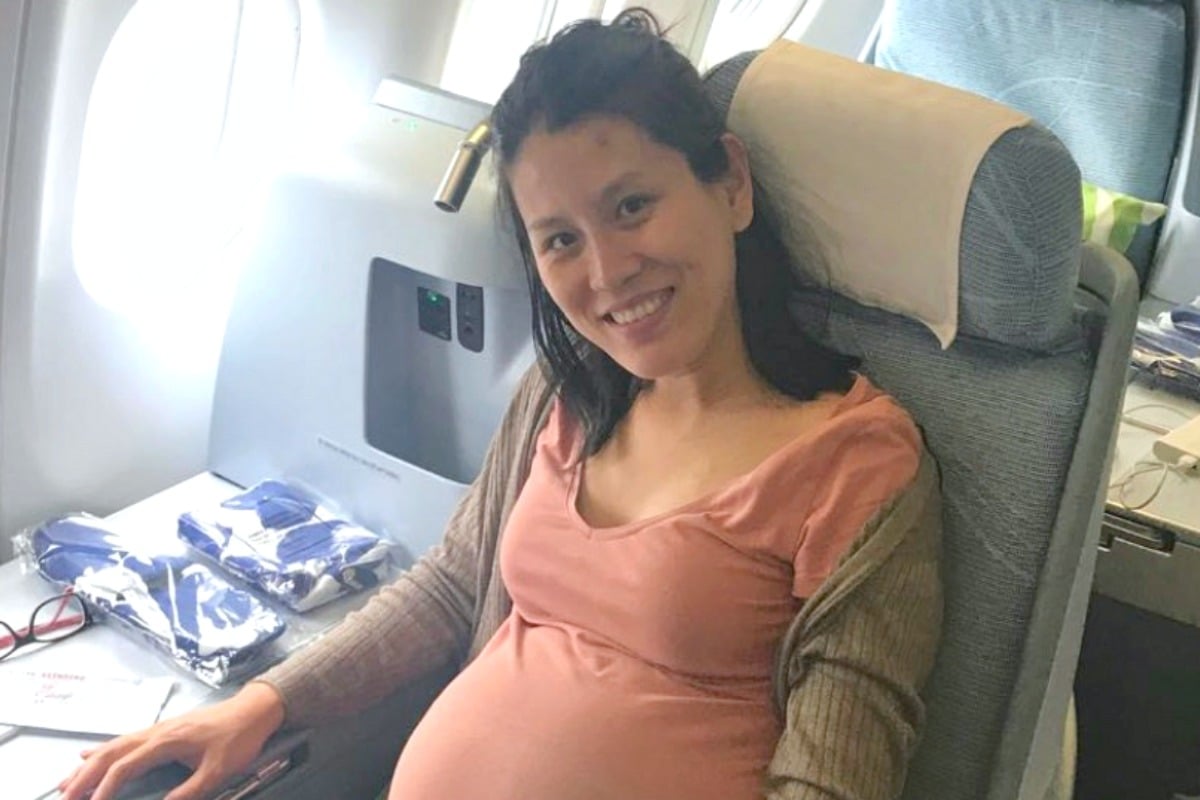
As told to Nicole Webb of Mint Mocha Musings.
Standing in the busy hospital, bustling with about 100 other pregnant women, my husband and I were lost in the madness. I have lived in China my whole life, but my Dutch-born husband was stunned. We were in one of the biggest and best women and children’s hospital in the country but it was totally overwhelming and knowing where to go was impossible.
I’d only just found out I was pregnant for the second time. And of course, as with everything in China, a lot of things have rapidly moved on since my first pregnancy five years ago.
But one thing that definitely hasn’t changed is the chaos. With a population of 1.4 billion and the relaxing of the one child policy, China’s hospitals are only getting more and more crowded. Guest relations are a last resort, the priority is getting through the bevy of patients in need.
Questions about childbirth answered by mums and non-mums:
When you first enter the hospital, there’s a woman sitting at the main service desk. My simple question, “Which floor should I go to?” was answered with, “It depends if you are 100 per cent sure you are pregnant!” Um… I try to explain, I’ve tested positive twice, but before I could finish, she waved me off with an impatient “go the third floor!”





























































































